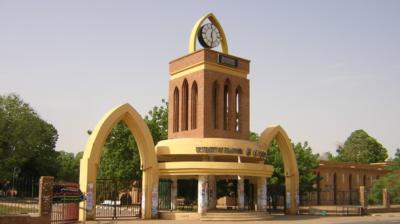(Re-) Gendering genocide: Sexual violence against men in Bosnia-Herzegovina
Over the past two decades, scholarly research on conflict-related sexual violence (CRSV) has steadily grown. Despite this, gaps remain. Significantly, while there is a strong foundation of research on female victims of CRSV, research on male victims is growing but still lags behind. In the Bosnian context, women have been widely recognised as victims of genocidal sexual violence during the 1992 to 1995 war, while male victims of sexual violence often fall under the legal category of torture or crimes against humanity. This is despite a large amount of evidence indicating that men were victims of sexual violence in the conflict.
This paper first consolidates existing scholarship on sexual violence against men in Bosnia-Herzegovina under two main themes: typology of sexual violence and transitional mechanisms for male victims. In so doing, the paper addresses the state of the art of scholarship on sexual violence and indicates avenues for future research. The paper then turns to judgements from the International Criminal Tribunal for the former Yugoslavia (ICTY) to analyse how male victims of sexual violence were approached and addressed by the tribunal. Broadly, the paper examines the structural issues facing male victims of conflict related sexual violence in achieving justice, through the lens of the ICTY, and suggests a theoretical framework for the further inclusion of male victims into narratives of gender and genocide.
https://www.iags2021.com/







